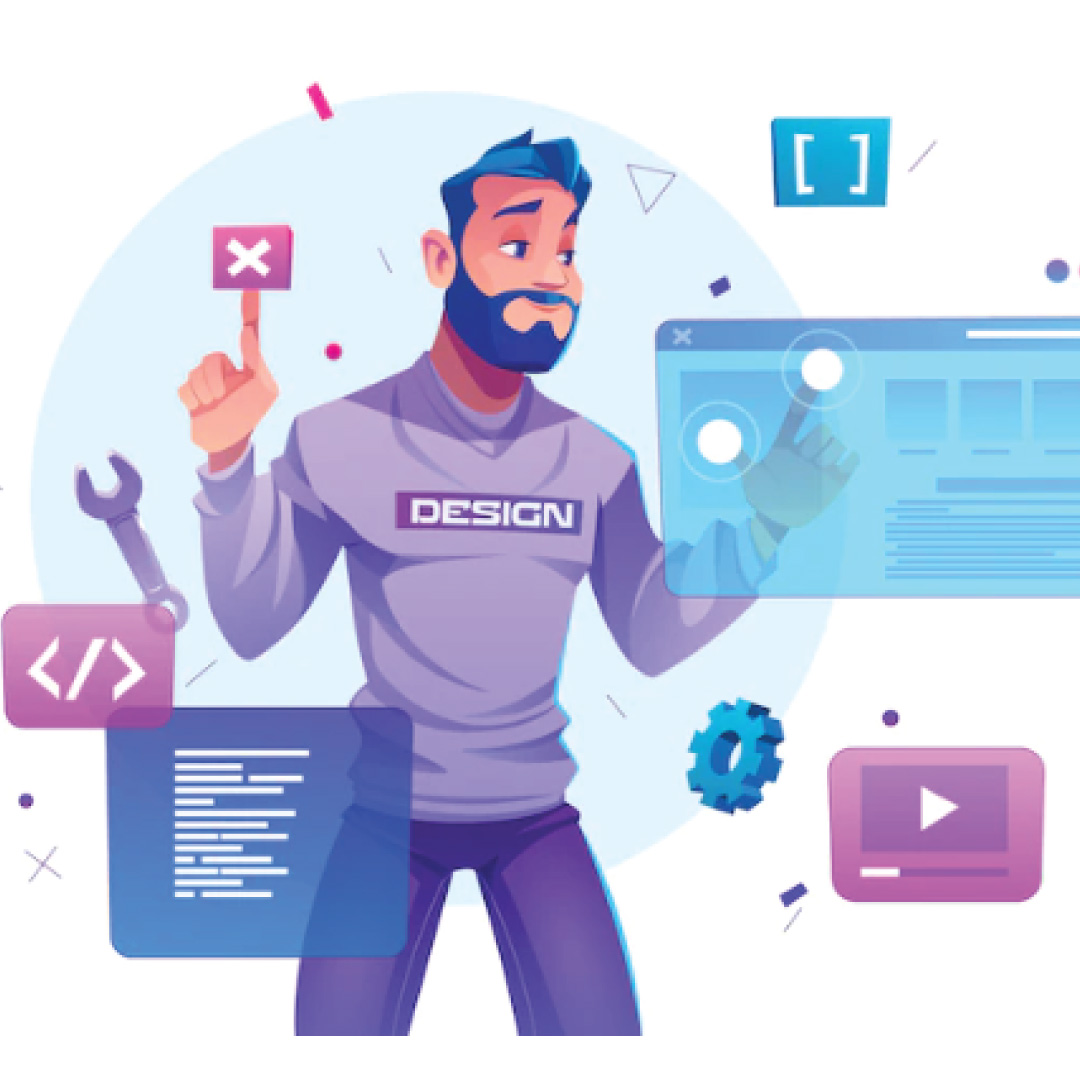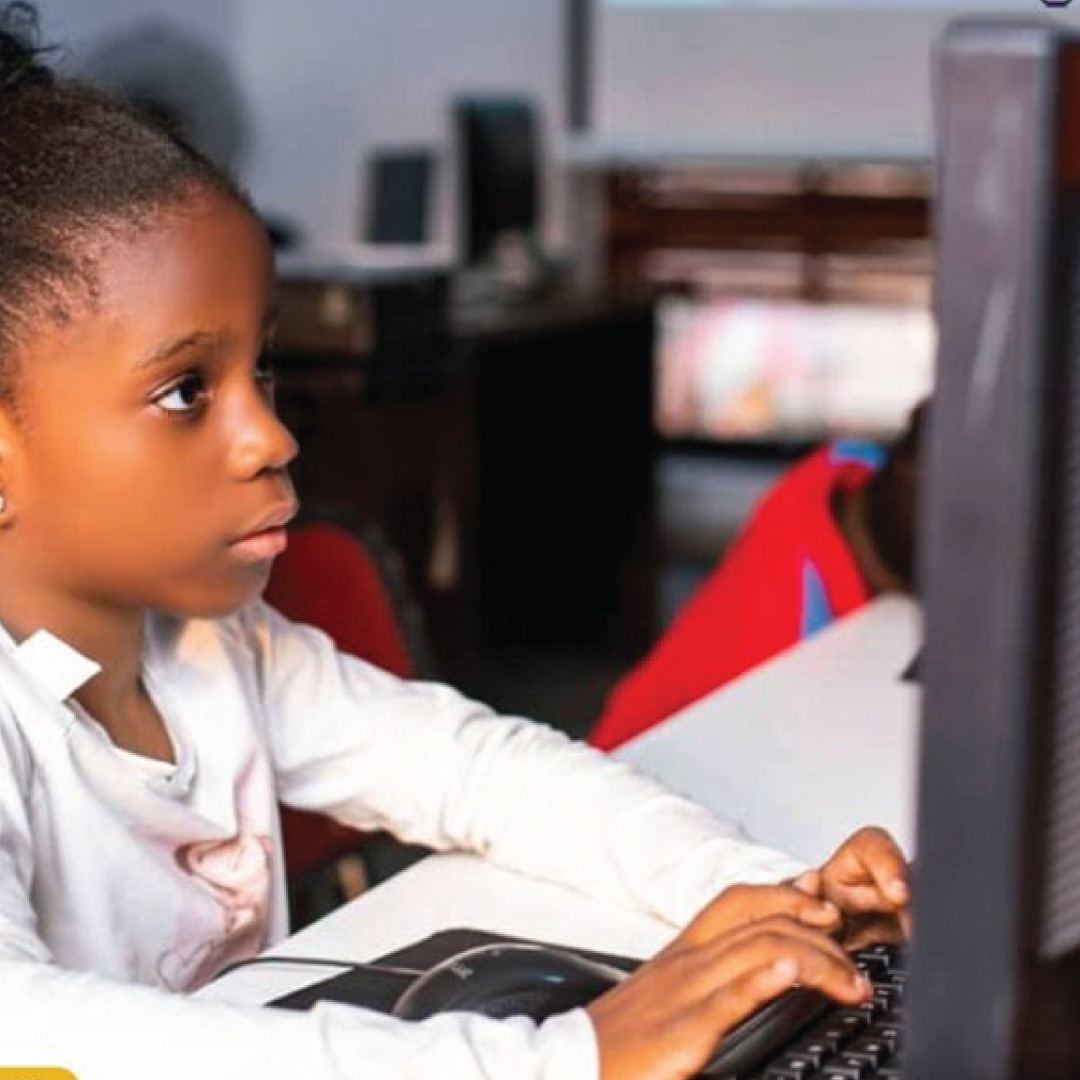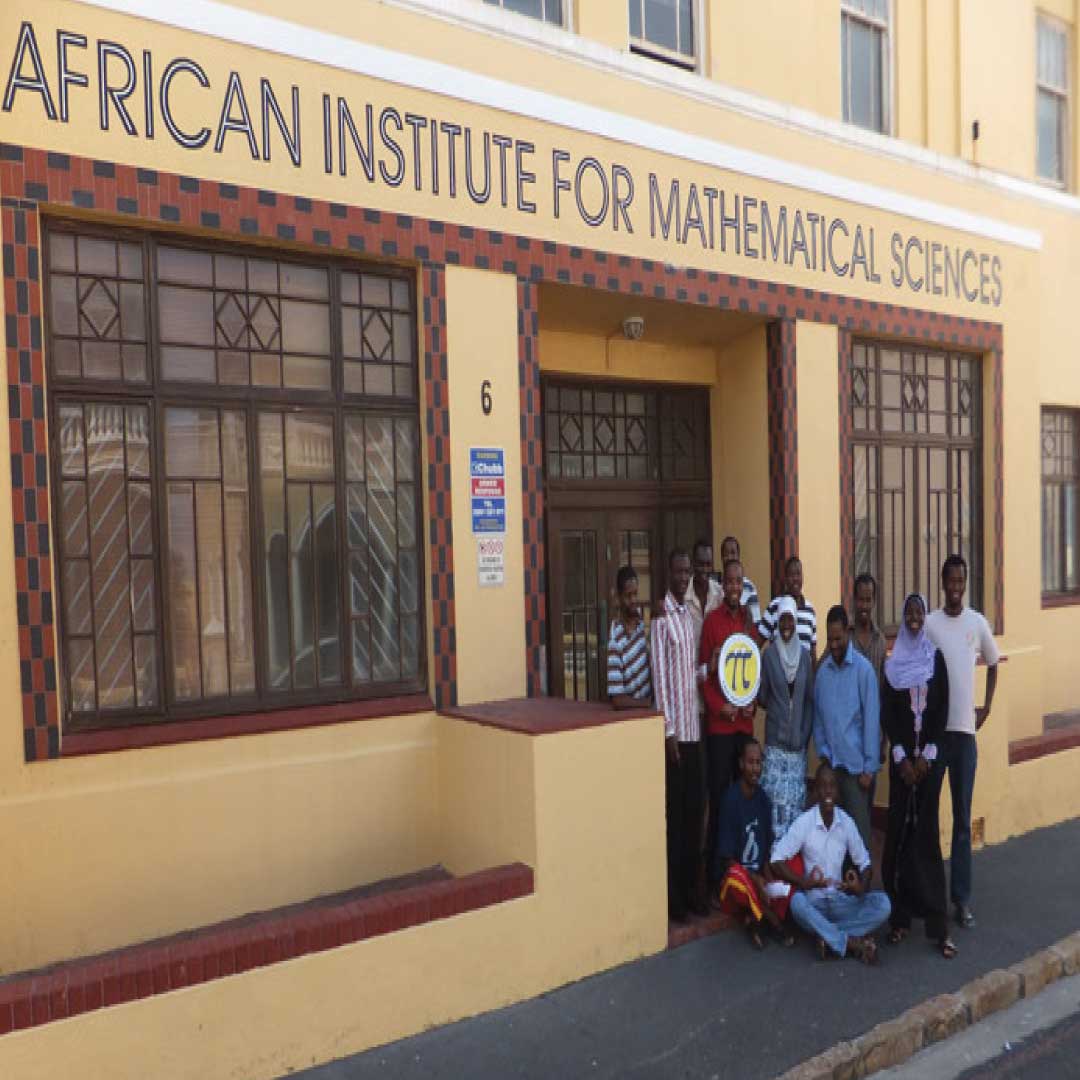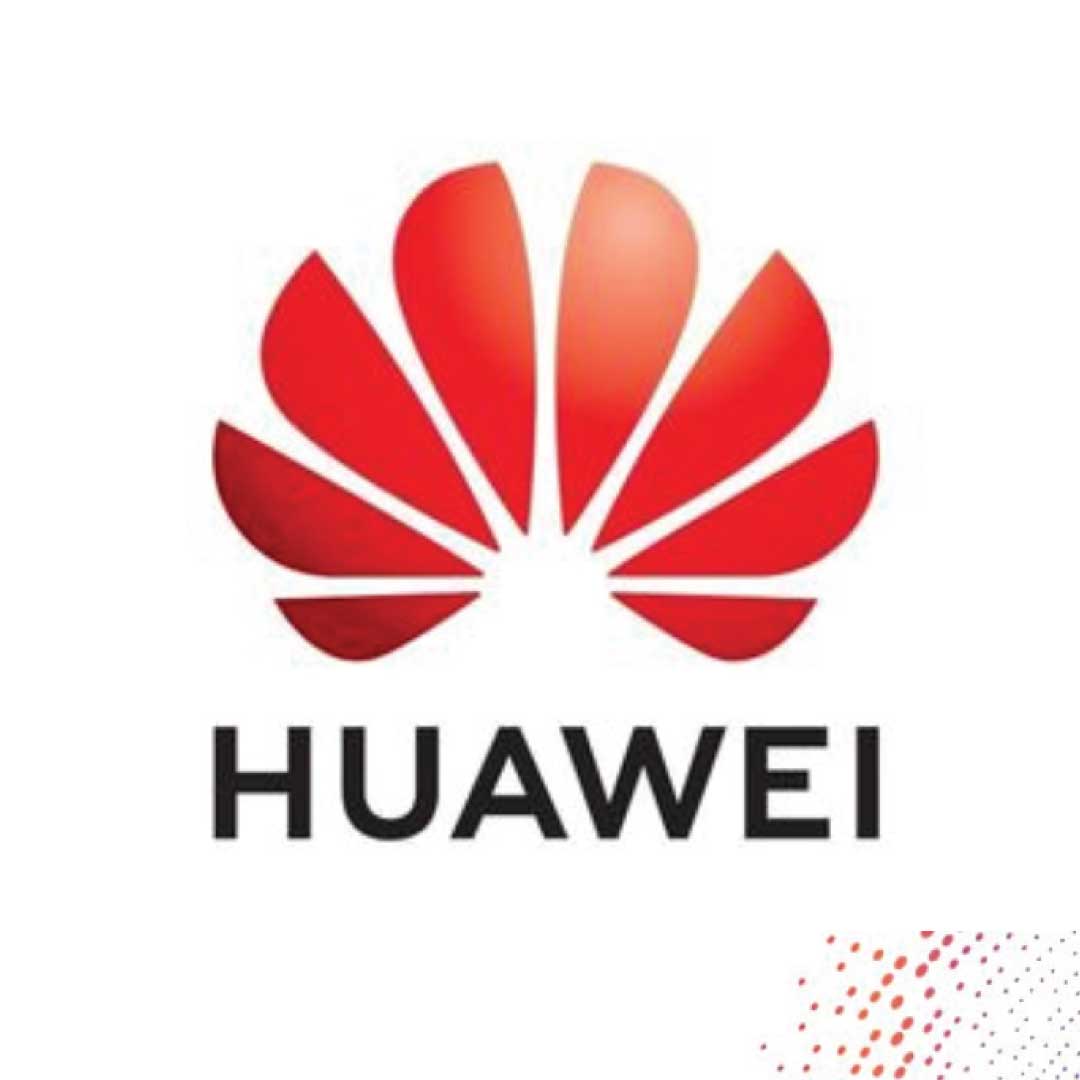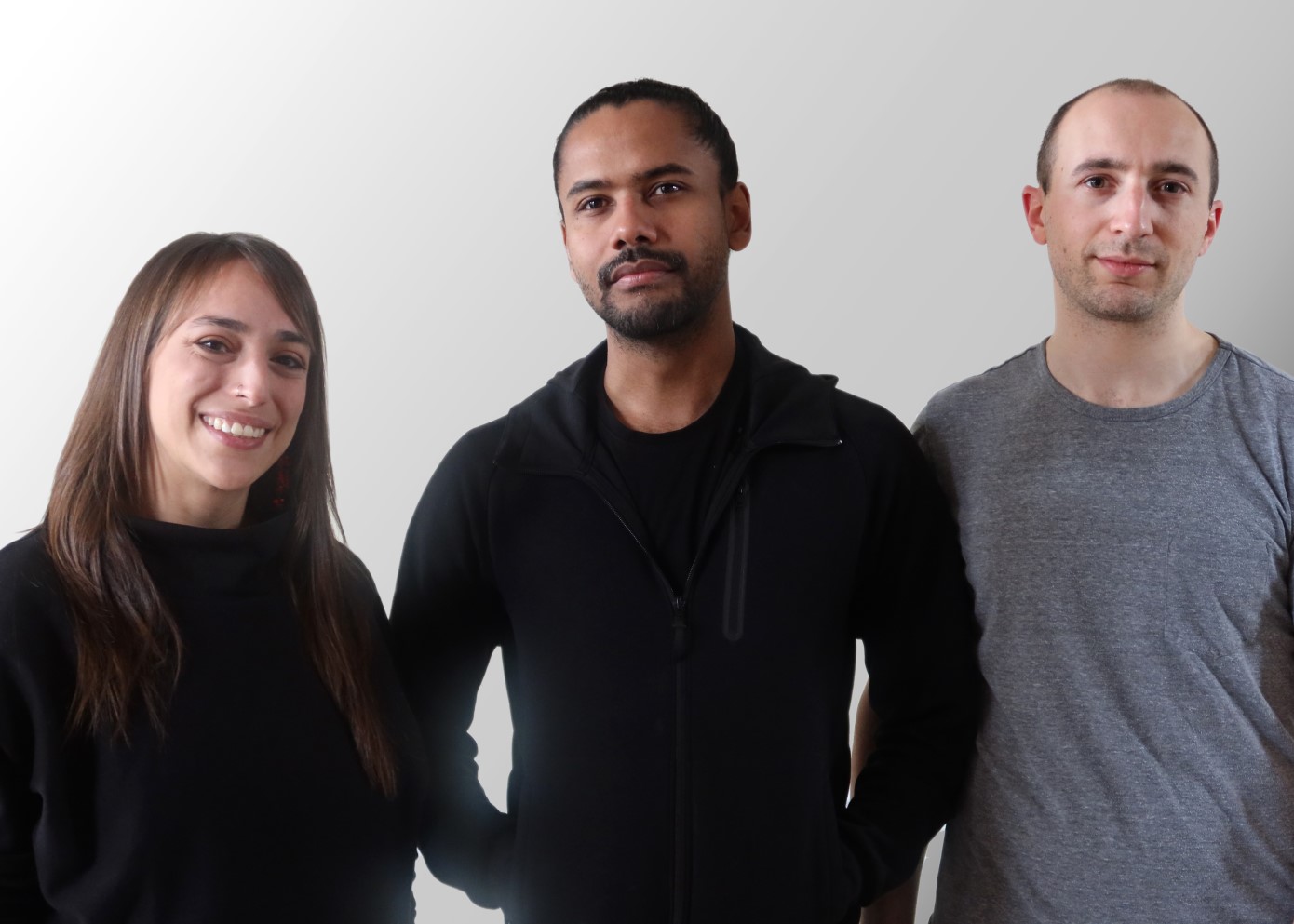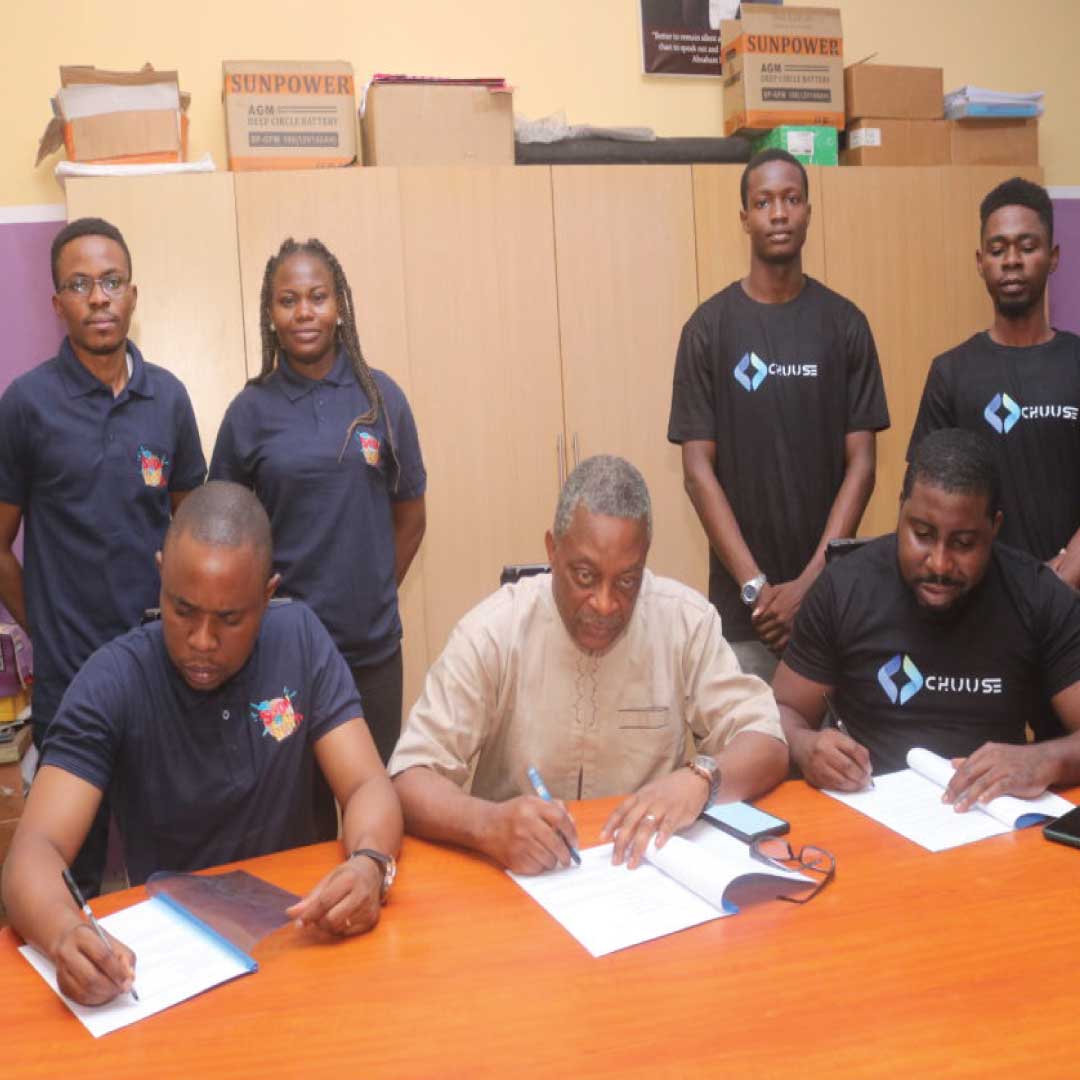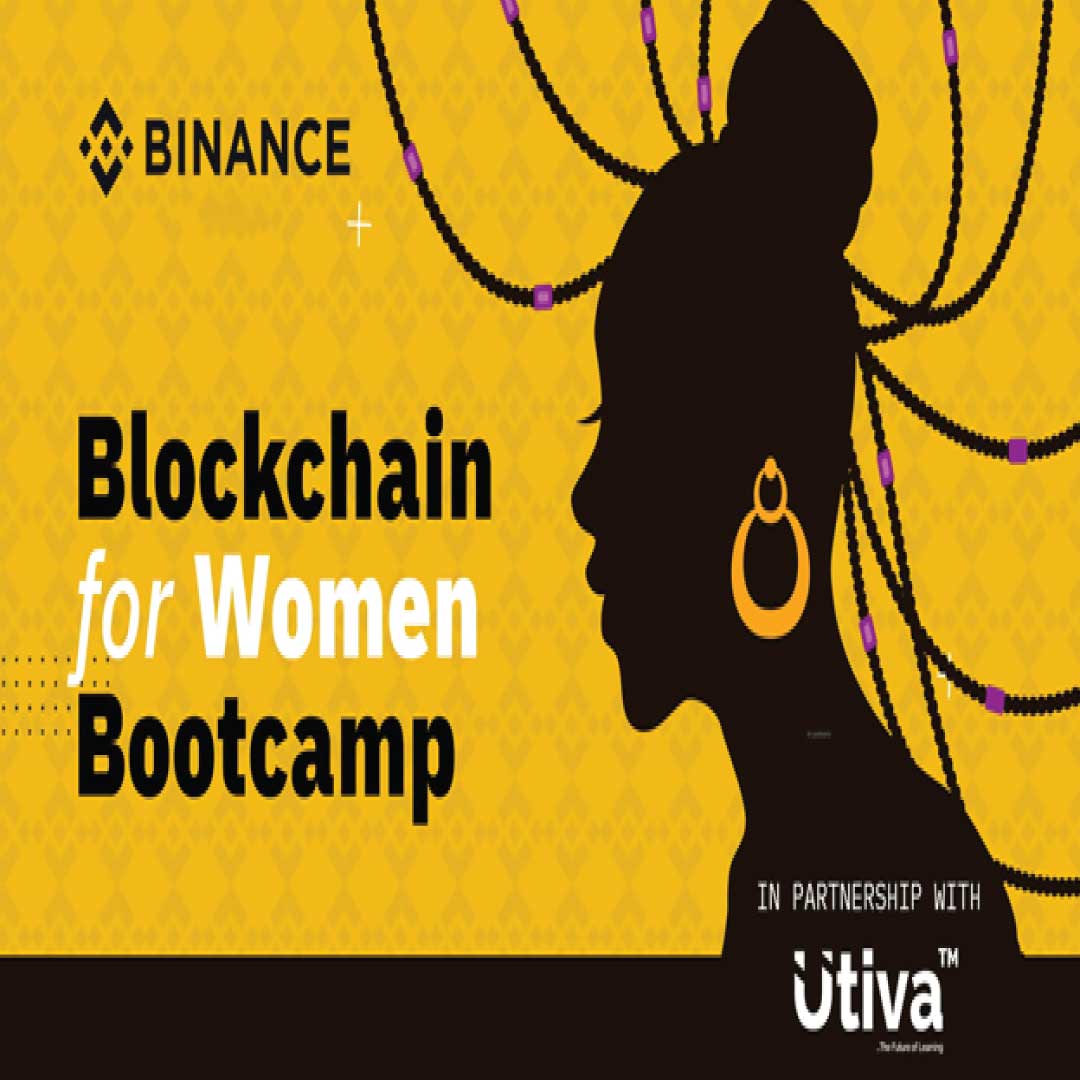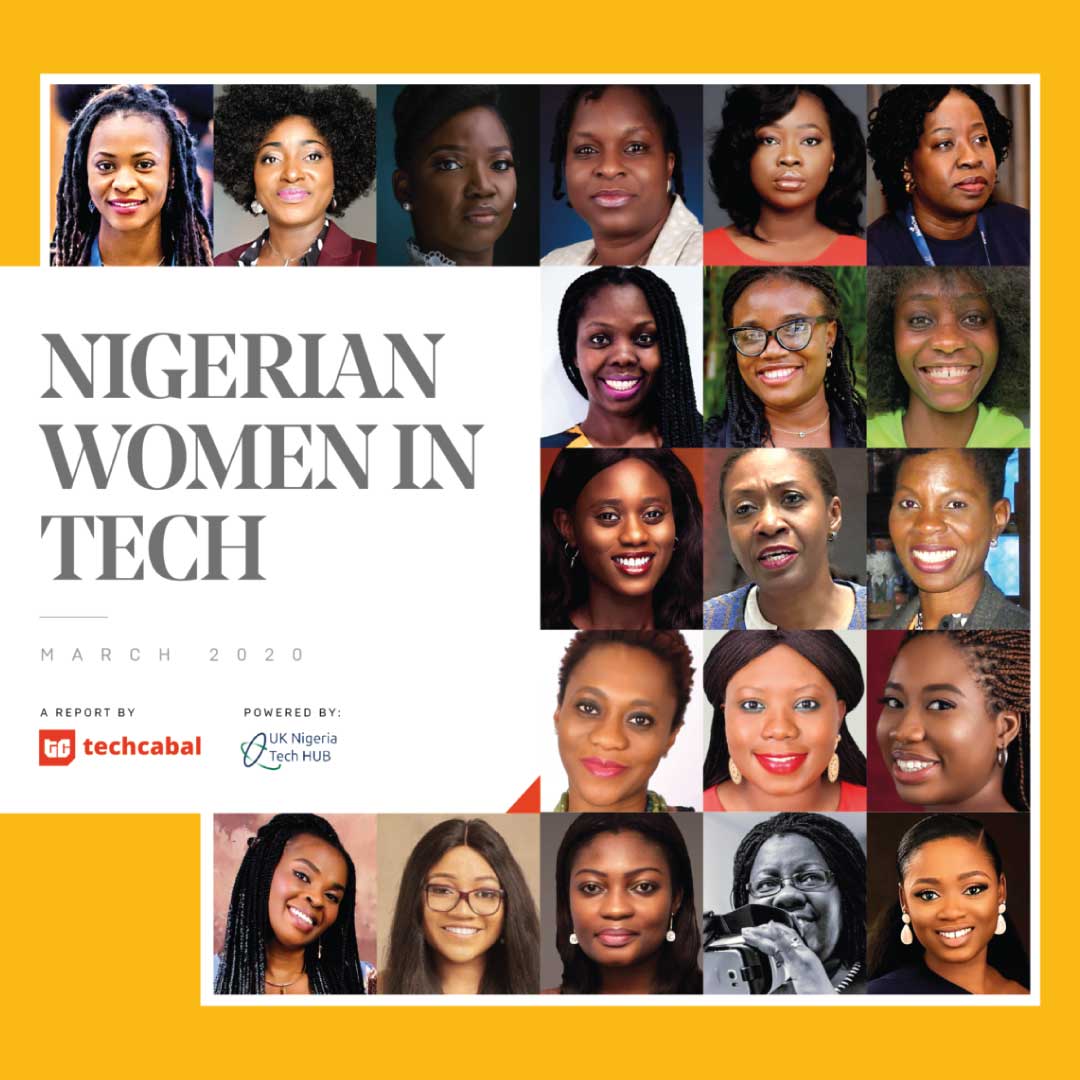Coding school Holberton has revealed that it has been acquired by the African Leadership Group.
African Leadership group which was launched in 2015 has physical learning centres across the globe alongside its online learning platform but the acquisition of Holberton will make drastic changes to the dynamics of the company as both the physical and online learning platforms will now function independently, The 34 Physical locations scattered throughout the globe will now be joined by Holberton’s technology platform as one of its ALX online learning platform and will now be run by Holberton COO Florian Bucher.
Before the pandemic, Holberton coding school had its two founders still working for the good of the company but as the COVID-19 Pandemic started, the Co-founder Sylvain Kalache quickly left leaving Julien Barbier to be the lone financer of the company’s operations which was hard for him due to lack of finances.
Reason Behind The Acquisition of Holberton By African Leadership Group
Julian Barbier noted that the pandemic prompted the company to close down all its physical centres hence cancelling in-person tutoring and moving its curriculum online and the company narrowed its wide scope of teaching to only focusing on SaaS.
He also clarified that he had several potential acquirers but he didn’t think they were in a proper position to manage such a startup and with some cash still in the bank he was under no pressure to sell but when asked why he sold the startup to ALG, he said that they were the right fit and he was happy about the numbers and over 80% of Holbert’s staff will still be retained alongside himself.
According to Barbier, ALG started as a customer to Holbert and he noticed that their mission and goals were very similar so the talk of the acquisition came about naturally and when he noticed how much they had made with ALG when they both collaborated he reasoned that it will be for the betterment of all if they merge both companies; he mentioned that discussions started as a joke before it started getting serious till Holbert was sold.
Read Also : Nigerian StartUp, Aceplora To Equip Young People with Tech skills
African Leadership group founder, Fred Swaniker started the organization as a leadership academy while focusing on a few students for a start before he worked on adding the African Leadership University to enable them to reach a wider range of audiences while still focusing on entrepreneurship and leadership and with the introduction of ALX, the company can now aim at not only teaching thousands but millions.
In a statement, Fred Swaniker said:“Four years ago, we realized that the world is going through a digital transformation and there will be a need for skills like software engineering, data science, cybersecurity, cloud computing- and so we created ALX.
It is not a high school or a university but it is for those who already have college degrees so we can reskill them for these careers in the 4th industrial revolution”.
He also mentioned that their aim at ALX is to churn out about 200,000 graduates per year and it already has 150,000 students, when ask about this rapid growth, he said:
“The reason is that the young people of Africa have realized that their future is in technology.
The world has a massive shortage of technology talent and the traditional sources of finding talents like China, India and the US are all ageing, so we see a tremendous opportunity to solve this global shortage of technology talent by training millions of software engineers in Africa and then make them available to the world”.
He also lamented that the previous method of teaching students for free and then having a share of their income after their graduation was challenging so they drafted out a two-legged approach which is:
Read Also : Top 10 South African Tech Startups To Pay Attention To in 2022 And Beyond
i) The Room which is an agency for scouting talents and bringing them to the academy;
ii) B2B businesses which are designed for business owners while also providing them with technology talent and training them with the current curriculum of Holberton.
The owner, Swaniker is very optimistic about building a technology services business which will offer technology solution amongst others to various business owners and also raise enough funds for the upkeeps of the ALG&ALX.
Benefits Of Coding Skills For Organizations In Africa
Coding is a computer language which was originally known by only computer scientists but now it is becoming global knowledge as even children are trained in basic programming which expands their scope of knowledge. Here are reasons why staff in your organization should possess basic programming skills:
i) It increases tech literacy:
Improving the tech literacy of your staff, helps them to open up more opportunities in your organization.
ii) Makes them problem solvers:
Anytime there is any problem with any tool or machinery in your organization since your staff already possesses the skills to solve the problems, they can do it which saves costs.
iii) It deepens the knowledge of technology:
Most of your staff members can perform basic functions on electronics and aren’t illiterates to it, as the world is moving digital you must ensure that most of your staff can code as it will help them make better decisions.
iv) Communication:
This may sound awkward but nowadays foreigners now communicate through codes that are written in 1 & 0which makes anyone that has coding skills able to interact with them.
v) Builds way to success:
Most CEO of big companies such as Elon Musk, Bill Gates, Paul Allen and others began with coding before they progresses with business development. Those with coding backgrounds tend to make good decisions about which technologies to use in a business which will lead to the success of that company.
